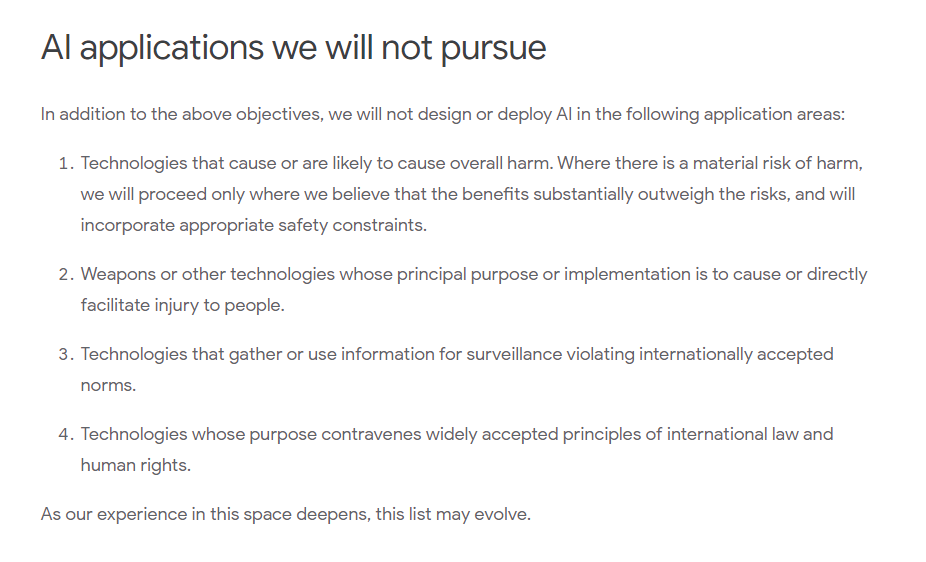The Decline Of American Revenge Travel: A Shift In Priorities

Table of Contents
Revenge travel, simply put, refers to the phenomenon of people taking extravagant trips after periods of restricted movement or confinement, often to compensate for missed opportunities. While initially a powerful force driving the travel industry's recovery, revenge travel is now facing a significant downturn. This shift isn't simply a temporary blip; it signals a broader change in how Americans approach travel and leisure.
Economic Factors Contributing to the Decline of Revenge Travel
Several economic factors are significantly impacting the affordability and appeal of revenge travel.
Inflation and Increased Travel Costs
Inflation has drastically increased the cost of travel. Airfare, accommodation, and even everyday expenses while traveling have skyrocketed. Statistics from the Bureau of Labor Statistics show a substantial increase in airfare and hotel costs in the last year, making lavish trips increasingly inaccessible. The price of fuel, a major factor in airline operating costs, has also contributed to this increase.
- Examples of Increased Costs:
- Flights to Europe have increased by an average of 30% compared to pre-pandemic prices.
- Hotel rates in popular US destinations like Hawaii and Florida are up by 20-25%.
- Car rental costs have also seen a significant surge, impacting road trip budgets.
Reduced Disposable Income
Beyond rising travel costs, reduced disposable income is another significant factor. Inflation has eroded purchasing power, impacting consumer spending across the board. Job losses in certain sectors and stagnant wages in others are further limiting the ability of many Americans to afford expensive leisure activities. The increase in everyday living costs, from groceries to utilities, leaves less money for discretionary spending like revenge travel.
- Statistics Showcasing Decreased Spending:
- Consumer confidence indices show a decline in spending on non-essential items, including travel.
- Credit card debt is rising, indicating reduced financial flexibility for large purchases like vacations.
Shifting Priorities: Beyond Revenge Travel
Beyond economic constraints, a shift in priorities is further contributing to the decline of revenge travel. Americans are re-evaluating their travel goals and placing greater emphasis on different aspects of leisure.
A Renewed Focus on Experiences Over Destinations
There's a growing trend towards prioritizing unique experiences over simply visiting iconic tourist spots. People are seeking authentic interactions and immersive activities rather than ticking destinations off a bucket list. Experiential travel, including cooking classes in Italy, hiking tours in Patagonia, or volunteering abroad, is gaining significant traction. This aligns with the rise of sustainable and responsible tourism, focusing on minimizing environmental impact and supporting local communities.
- Examples of Experiential Travel Trends:
- Farm-to-table cooking experiences are becoming increasingly popular.
- Adventure tourism, such as zip-lining and white-water rafting, is attracting a wider audience.
- Volunteer tourism, combining travel with charitable work, is gaining momentum.
Prioritizing Time with Family and Friends
The pandemic highlighted the importance of spending quality time with loved ones. Many are now prioritizing family vacations over solo trips or couple's getaways. The desire for work-life balance and addressing burnout is also influencing travel choices, leading to shorter, more relaxed vacations focused on connection and rejuvenation.
- Statistics Showing Increased Spending on Domestic Family Vacations:
- Bookings for family-friendly resorts and national park visits are increasing.
- Spending on domestic travel is outpacing international travel for many families.
The Rise of Staycations and Domestic Travel
Staycations and domestic travel are emerging as more budget-friendly and convenient alternatives to expensive international trips. They offer the opportunity to explore local attractions, support local businesses, and reduce carbon footprints. This shift reflects a growing awareness of environmental responsibility and a desire for more sustainable travel practices.
- Examples of Popular Staycation Activities and Domestic Travel Destinations:
- Exploring nearby national parks or state parks.
- Visiting local museums, art galleries, and historical sites.
- Enjoying local culinary experiences and farmers' markets.
The Future of Travel: Post-Revenge Travel Trends
The decline of revenge travel doesn't signal the end of travel; instead, it indicates a shift towards a more conscious and sustainable approach.
Slow Travel and Sustainable Tourism
Slow travel, focusing on immersive experiences and extended stays in fewer locations, is gaining popularity. Sustainable tourism, minimizing environmental impact and supporting local communities, is also becoming increasingly important to travelers.
Budget-Friendly Travel Hacks
The rise of budget-friendly travel resources and strategies, such as utilizing travel hacking techniques and searching for off-season deals, reflects the need to balance travel aspirations with economic realities.
The Importance of Flexibility
Flexibility is becoming crucial in travel planning, allowing for adaptability to changing circumstances and ensuring a smoother, less stressful travel experience.
Conclusion: Rethinking Revenge Travel and the Future of Leisure
The decline of American revenge travel is driven by a confluence of economic factors and shifting priorities. Inflation, reduced disposable income, and a renewed focus on experiences and family time are reshaping the travel landscape. The future of leisure is likely to be characterized by sustainable tourism, budget-conscious travel, and a greater emphasis on meaningful experiences rather than simply accumulating travel destinations. Reimagine your revenge travel strategy; plan your next mindful trip, discover sustainable travel options, and embrace the evolving future of leisure. Embrace slow travel and experiential tourism for a more fulfilling and responsible travel experience.

Featured Posts
-
 Learn To Stream Like Kai Cenat Streamer University Unveiled
May 27, 2025
Learn To Stream Like Kai Cenat Streamer University Unveiled
May 27, 2025 -
 Simone Joy Jones On Uproxx Music 20 Career Music And More
May 27, 2025
Simone Joy Jones On Uproxx Music 20 Career Music And More
May 27, 2025 -
 Nimechchina Ta Ukrayina Blizhche Do Nato
May 27, 2025
Nimechchina Ta Ukrayina Blizhche Do Nato
May 27, 2025 -
 Trump Delays Eu Tariff Hikes To July 9th
May 27, 2025
Trump Delays Eu Tariff Hikes To July 9th
May 27, 2025 -
 Last Friday Sequel Ice Cube Confirmed As Writer And Star
May 27, 2025
Last Friday Sequel Ice Cube Confirmed As Writer And Star
May 27, 2025
Latest Posts
-
 The Limits Of Ai Learning Responsible Ai Practices For A Safer Future
May 31, 2025
The Limits Of Ai Learning Responsible Ai Practices For A Safer Future
May 31, 2025 -
 The Limits Of Ai Learning A Guide To Responsible Ai Implementation
May 31, 2025
The Limits Of Ai Learning A Guide To Responsible Ai Implementation
May 31, 2025 -
 Why Ai Doesnt Truly Learn And How To Use It Responsibly
May 31, 2025
Why Ai Doesnt Truly Learn And How To Use It Responsibly
May 31, 2025 -
 Why Ai Doesnt Truly Learn A Guide To Ethical Ai Development And Deployment
May 31, 2025
Why Ai Doesnt Truly Learn A Guide To Ethical Ai Development And Deployment
May 31, 2025 -
 Ai Doesnt Really Learn Understanding The Implications For Responsible Use
May 31, 2025
Ai Doesnt Really Learn Understanding The Implications For Responsible Use
May 31, 2025
